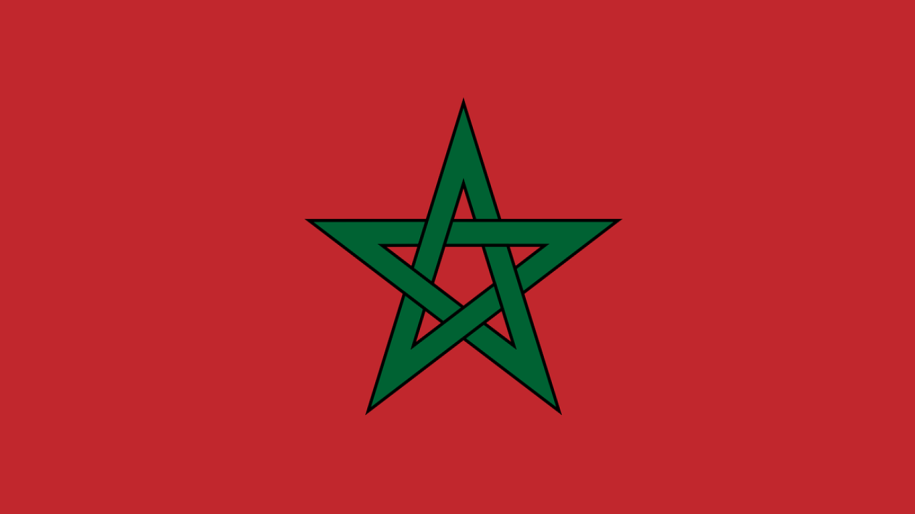Embarking on a journey to Morocco? Let’s equip you with a robust language toolset that can make your Moroccan adventure genuinely immersive. As a traveler, your journey becomes more enriching when you can strike up a conversation with locals, understand their dialect, and appreciate their culture. This comprehensive guide will introduce you to essential Moroccan Arabic phrases you should know before setting foot in this mesmerizing North African land.
- Greetings and Basic Phrases:
- Hello: “Salam” (sah-lahm)
- Goodbye: “Bslama” (buh-slah-mah)
- Thank you: “Shukran” (shook-ran)
- Yes: “Naam” (nahm)
- No: “La” (lah)
- Please: “Min fadlik” (min fad-leek)
- Excuse me: “Sme7li” (smeh-lee)
- I’m sorry: “Ana men ba3d” (ah-nah men bahd)
- Do you speak English?: “Ktib b l-3arbi?” (keteeb b lah-ar-bee?)
- I don’t understand: “Ma fhemtch” (maa femtsh)
- How much is this?: “Chhal hada?” (sh-hal hada?)
- Getting Around:
- Where is…?: “Fin…?” (feen)
- Taxi: “Taxi” (tah-xee)
- Bus: “Autobus” (aw-toh-boos)
- Train: “Train” (train)
- Airport: “Ma3arif” (ma-a-reef)
- Train station: “Ma3 gara” (ma-a ga-rah)
- Left: “Shmali” (sh-mah-lee)
- Right: “Yamin” (ya-meen)
- Straight ahead: “Sdaq mlah” (sdak m-lah)
- Can you show me on the map?: “Wash kaynin lîya f l-banad?” (wash kay-neen lee-yah f l-ba-nad?)
- Food and Drinks:
- Water: “Maa” (maa)
- Tea: “Atay” (a-tay)
- Coffee: “Kahwa” (ka-hwa)
- Bread: “Khobz” (khoobz)
- Please bring the menu: “Min fadlik tîjî lîya s-siyara” (min fad-leek tee-jee lee-yah s-see-yara)
- I would like to order…: “Bghit n-commandi…” (buh-heet en-kom-man-dee)
- Bill, please: “L’addition, min fadlik” (la-di-shon, min fad-leek)
- Numbers:
- One: “Wahed” (wa-hed)
- Two: “Jouj” (jooj)
- Three: “Tleta” (tletah)
- Four: “Arbaa” (ar-baa)
- Five: “Khamsa” (kham-sah)
- Six: “Sitta” (sittah)
- Seven: “Sab3a” (sab-ah)
- Eight: “Tmnya” (t-min-yah)
- Nine: “Tiss3a” (tis-sah)
- Ten: “A3shra” (aa-sh-rah)
- Useful Expressions:
Certainly! Here are some additional useful expressions:
- Can you help me, please?: “Wash t9edni min fadlik?” (wash t-ked-nee min fad-leek)
- Where is the nearest restroom?: “Fin mra7ba s-sawra ar-raqîba?” (feen mer-ha-ba s-saw-ra ar-raqee-ba)
- I need a doctor: “Bghit tabib” (buh-heet ta-beeb)
- Where can I find a pharmacy?: “Fin kaynin siyaha?” (feen kay-neen see-ya-ha)
- What time is it?: “Ch7al f wa9t?” (sh-hal f wah-t)
- I’m lost: “Darit b7al” (da-reet b-hal)
- Can you recommend a good restaurant?: “Wash kaynin lîya mat3am mzian?” (wash kay-neen lee-yah ma-ta-am mzee-an)
- I would like to buy…: “Bghit ndshri…” (buh-heet nda-shree)
- How far is it?: “Ch7al mn ba3id?” (sh-hal min ba-eed)
2. Understanding Moroccan Arabic
Also known as ‘Darija,’ Moroccan Arabic is a distinct variant of Arabic spoken predominantly in Morocco. Its uniqueness stems from the influences of Amazigh languages, French, and Spanish, making it slightly different from Modern Standard Arabic.
3. The Power of Greetings in Moroccan Arabic
In Morocco, like most Arab cultures, greetings hold immense significance. They are a sign of respect and cordiality.
- Salam Alaykum: Literally meaning “Peace be upon you,” it’s the most common greeting. The customary reply is “Wa Alaykum Salam,” signifying “And upon you be peace.”
4. Expressing Gratitude and Politeness
Being polite and showing gratitude are universally appreciated. Here are two vital phrases to help you be courteous:
- Shukran: It’s the Moroccan way of saying “Thank you.”
- Afak: This word translates to “please.” Remember, a ‘please’ can often open doors that even keys cannot!
5. Introducing Yourself in Moroccan Arabic
Making introductions is the first step toward establishing a conversation. Here’s how you can introduce yourself:
- Smiiti…: This means “My name is…”. A simple phrase, yet an excellent icebreaker!
6. Navigating Moroccan Numbers
Learning basic numbers can be quite helpful, especially when dealing with transactions, understanding addresses, or just counting camels!
- Wahed, Jouj, Tlata: These are the numbers one, two, and three, respectively.
7. Essential Survival Phrases
No matter where you travel, certain phrases always come to the rescue:
- Feen al-Hammaam?: The meaning of this expression is “Where is the bathroom?”
8. Moroccan Arabic in Everyday Conversations
Learning some common expressions can help you navigate day-to-day interactions with ease. For instance, “B’saha” meaning “Enjoy” or “Good health,” is a common phrase used when someone is eating, drinking, or even when they buy something new.
9. Understanding Key Muslim Phrases
Given that Morocco is predominantly Muslim, it’s beneficial to familiarize yourself with some commonly used Islamic phrases:
- Insha’Allah: Meaning “God willing,” this phrase is often used when referring to future plans.
- Alhamdulillah: This translates to “Praise be to God,” commonly used to express gratitude.
- Masha’Allah: This phrase is used to show appreciation or admiration, meaning “As God has willed.”
10. The Cultural Significance of Moroccan Arabic Phrases
Knowing these phrases not only helps you communicate effectively but also provides a deeper understanding of Moroccan culture, the people’s values, and their way of life.
Conclusion
In essence, language is the first touchpoint to any culture. Taking the time to learn a few essential Moroccan Arabic phrases will significantly enrich your Moroccan experience, break down barriers, and foster more profound connections with the locals. So, gear up and embark on your Moroccan adventure equipped with these handy phrases. Remember, every word you learn is another step closer to the heart of the Moroccan culture. Let your journey be filled with enriching experiences and joyous conversations. Happy traveling!

